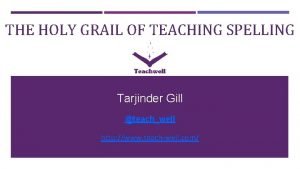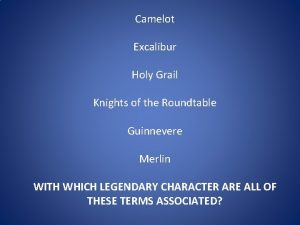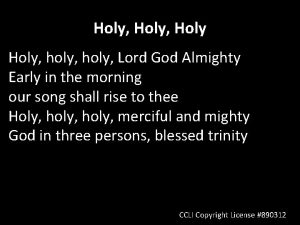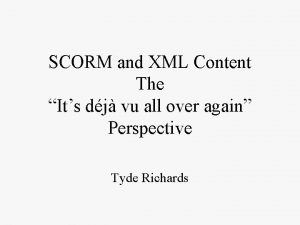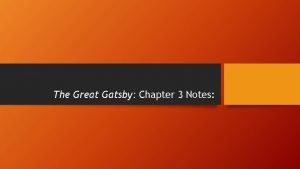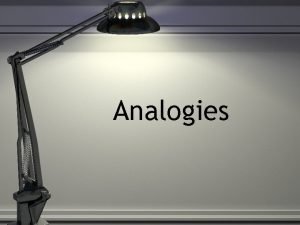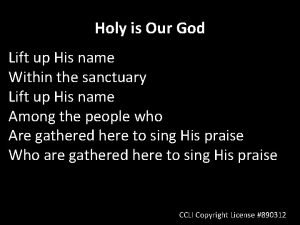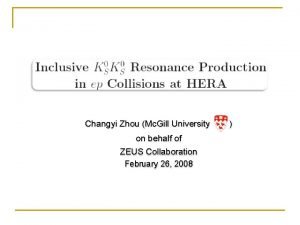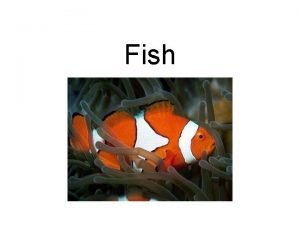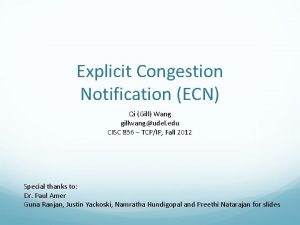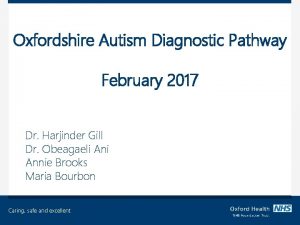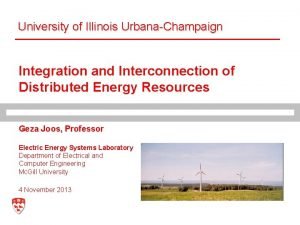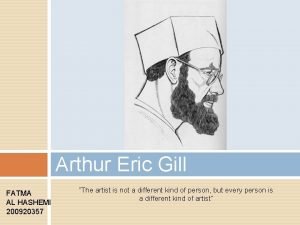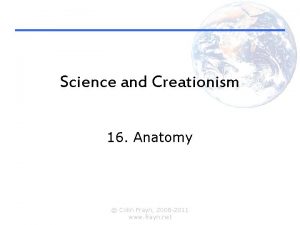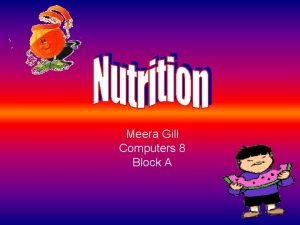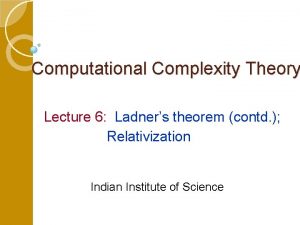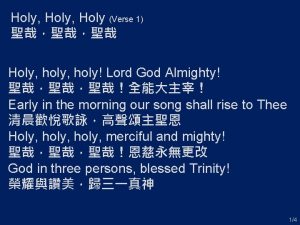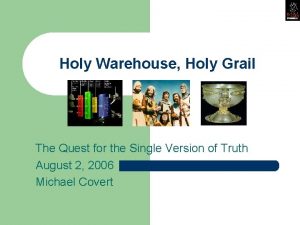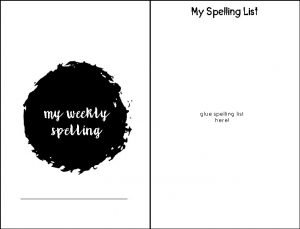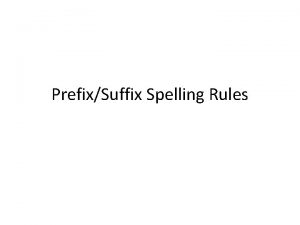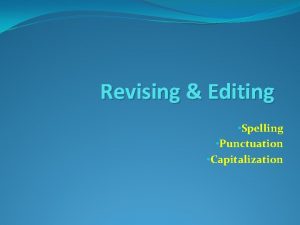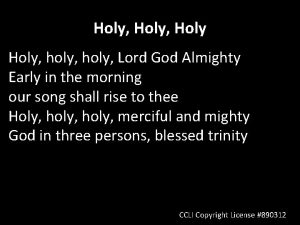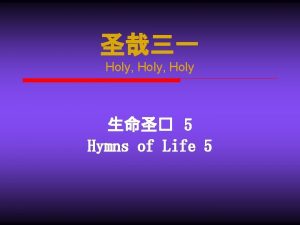THE HOLY GRAIL OF TEACHING SPELLING Tarjinder Gill






































- Slides: 38

THE HOLY GRAIL OF TEACHING SPELLING Tarjinder Gill @teach_well http: //www. teach-well. com/


THE HOLY GRAIL OF TEACHING SPELLING 1. Barriers to Extended Writing 2. Spelling: What Knowledge? 3. Common Teacher Misconceptions 4. Teaching Spelling 5. The Holy Grail?

THE HOLY GRAIL OF TEACHING SPELLING Barriers to Extended Writing

BARRIERS TO EXTENDED WRITING Handwriting Spelling Sentence Construction

THE HOLY GRAIL OF TEACHING SPELLING Spelling: What Knowledge?

Spelling: What Knowledge? Word Reading Literature Comprehension English Language Spelling Transcription Handwriting Writing Grammar Composition Text

Spelling: What Knowledge? BACKGROUND 1: 1 Digraphs Spelling patterns/GPCs Trigraphs Writing Transcription Spelling Prefixes Morphology Suffixes Common Exception Words/Statutory Spellings Words Homophones and Near Homophones Etymology Multigraphs

Spelling: What Knowledge? • Phonemic Awareness • Decoding/Encoding • Alphabet • Letter Formation • 1: 1 GPCs • GPCs -digraphs/ trigraphs/multigraphs • Syllables • Morphology and Etymology • GPCs – unusual/rare

THE HOLY GRAIL OF TEACHING SPELLING Common Teacher Misconceptions

Common Teacher Misconceptions Spelling can't be taught Some words can’t be sounded out Interchanging 1: 1 GPC for letters and sounds Impact of correction

Common Teacher Misconceptions Spelling can't be taught Spelling rules Spelling patterns GPCs

Common Teacher Misconceptions Year Group 1: 1 Reception Yes No No Yes Common exception words No NC Objectives Statutory spellings Year 1 Year 2 Years 3 - 6 Regular spelling patterns/GPCs Irregular spelling patterns/ rare or unusual GPCs

Common Teacher Misconceptions Spelling can't be taught Spelling rules: Morphology • plurals – s or es • changing verb tenses – ed/ing • comparative/superlatives – er/est

Common Teacher Misconceptions Year Group GPC’s Reception Depends on Phonics Scheme Year 1 The sounds /f/, /l/, /s/, /z/ and /k/ spelt ff, ll, ss, zz and ck The /ŋ/ sound spelt n before k -tch The /v/ sound at the end of words Words ending –y Using k for the /k/ sound ai, oi, ay, oy, a-e, e-e, i-e, o-e, u-e, ar, ee, ea (/i: /), ea (/ɛ/) , er (/ɜ: /), er (/ə/), ir, ur, oo (/u: /), oo (/ʊ/), oa, oe, ou, ow (/aʊ/), ow (/əʊ/), ue, ew, ie (/aɪ/), ie (/i: /), igh, ore, aw, au, air, ear (/ɛə/), are (/ɛə/), ph, wh Morphology No The prefix un using the spelling rule for adding –s or –es as the plural marker for nouns and the third person singular marker for verbs using –ing, –ed, –er and –est where no change is needed in the spelling of root words [for example, helping, helped, helper, eating, quicker, quickest]

Common Teacher Misconceptions Year Group Year 2 GPC’s • kn, gn • The /dʒ/ sound spelt as ge and dge at the end of words, and sometimes spelt as g elsewhere in words before e, i and y • The /s/ sound spelt c before e, i and y • The /r/ sound spelt wr at the beginning of words • The /l/ or /əl/ sound spelt –le at the end of words • The /l/ or /əl/ sound spelt –el at the end of words • The /l/ or /əl/ sound spelt –al at the end of words • Words ending –il • The /ɔ: / sound spelt a before l and ll • The /ʌ/ sound spelt o • The /i: / sound spelt –ey • The /ɒ/ sound spelt a after w and qu • The /ɜ: / sound spelt or after w • The /ɔ: / sound spelt ar after w • The /ʒ/ sound spelt s • The /aɪ/ sound spelt –y at the end of words Morphology Adding –es to nouns and verbs ending in –y Adding –ed, –ing, –er and –est to a root word ending in –y with a consonant before it Adding the endings –ing, –ed, –er, –est and –y to words ending in –e with a consonant before it Adding –ing, –ed, –er, –est and –y to words of one syllable ending in a single consonant letter after a single vowel letter add suffixes to spell longer words, including–ment, – ness, –ful , –less, –ly Words ending in –tion

Common Teacher Misconceptions Year Group GPC’s Morphology Years 3 & 4 • Words with the /s/ sound spelt sc (Latin in origin) Adding suffixes beginning with vowel letters to • The /ʌ/ sound spelt ou • Words with endings sounding like /ʒə/ or /tʃə/ • Words with the /ʃ/ sound spelt ch (mostly French in origin) • Words ending with the /g/ sound spelt – gue and the /k/ sound spelt –que (French in origin) • Words with the /eɪ/ sound spelt ei, eigh, or ey • The /ɪ/ sound spelt y elsewhere than at the end of words • Words with the /k/ sound spelt ch (Greek in origin) words of more than one syllable The suffix –ly More prefixes: un, dis, mis, il, im, in, ir, re, sub, inter, super, anti, auto The suffix –ation Endings which sound like /ʃən/, spelt –tion, – sion, –ssion, –cian The suffix –ous, our

Common Teacher Misconceptions Year Group GPC’s Years 5 & 6 Words containing the letter-string ough Morphology Endings which sound like /ʃəs/ spelt –cious or –tious (actual suffix is ious) spell some words with ‘silent’ letters [for example, knight, psalm, solemn] Words ending in –ant, –ance/–ancy, –ent, – ence/–ency Words ending in –able and –ible Words ending in –ably and –ibly Adding suffixes beginning with vowel letters to words ending in –fer Endings which sound like /ʃəl/

Common Teacher Misconceptions Some words can’t be sounded out Words that can be read and said but not broken down into GPCs. a I These two words can’t be broken into sounds as only one sound.

Common Teacher Misconceptions Some words can’t be sounded out High frequency/tricky words the is go/no/so said

Common Teacher Misconceptions Some words can’t be sounded out sed s ai d iz is luv l o ve

Common Teacher Misconceptions Interchanging 1: 1 GPC for letters and sounds s ai d

Common Teacher Misconceptions Impact of Correction Self esteem Phonetically plausible Writing – accuracy vs stamina

THE HOLY GRAIL OF TEACHING SPELLING Teaching Spelling

Teaching Spelling Schema - (Anderson - https: //files. eric. ed. gov/fulltext/ED 239236. pdf) Explicit instruction - (Kirschner, Sweller and Clark - https: //www. tandfonline. com/doi/abs/10. 1207/s 15326985 ep 4102_1) Impact of rote learning - (Quigley - https: //www. theconfidentteacher. com/2018/05/spelling-avoiding-ignorance-and-negligence/)

Teaching Spelling Year Group GPCs Morphology Common Exception Homophones and Words/Statutory Spellings Near Homophones Reception Yes No Year 1 Yes Yes No Years 2 - 6 Yes Yes

Teaching Spelling Daily Teaching – Year 1 Monday Tuesday Wednesday Thursday Friday GPC Common Exception Words Recap GPC and Common Exception Words Dictated sentences Test

Teaching Spelling Daily Teaching – Years 2 -6 Monday Tuesday Wednesday Thursday Friday GPC Common Exception Words/Statutory Spellings Homophones/Near Homophones Dictated sentences Test Morphology Prefix or Suffix Common Exception Words/Statutory Spellings Prefix or Suffix Dictated sentences Test

Teaching Spelling Daily Teaching – Years 2 -6 Monday Tuesday Wednesday Thursday Friday GPC Common Exception Words/Statutory Spellings GPC Dictated sentences Test Morphology Prefix or Suffix Common Exception Words/Statutory Spellings Prefix or Suffix Dictated sentences Test Homophones/N ear Homophones/ Near Homophones Common Exception Words/Statutory Spellings Homophones/Near Homophones Dictated sentences Test

Teaching Spelling • • explicit instruction meaning quick quizzing use of mini-whiteboards scaffolds linking to prior knowledge repeated practice feedback and correction

Teaching Spelling GPC Teaching Sequence Example: Pronunciation Word (repeat 3 to 4 times) Practice • my turn/ your turn • link to prior knowledge • explanation • • que plaque - p l a que c, k, ck picturesque – pic/ture/resque p i c/t ure/r e s que _ _ _/t _/_ _ French origin my turn/your turn meaning – define/picture/gesture monosyllabic - break down word into GPCs polysyllabic – break into syllables and then into GPCs say words children write words

Teaching Spelling Common Exception Words/Statutory Spellings Teaching Sequence Example: Pronunciation and Word (repeat 3 to 4 times) Practice • my turn/your turn • meaning – define/picture/gesture • monosyllabic - break down word into GPCs • polysyllabic – break into syllables and then into GPCs say words children write words eight – eigh t eigh _ century – cen/tu/ry c e n/t u/r y _ _ _/t _ /_ _

Teaching Spelling Homophones and near homophones Teaching Sequence Example: Pronunciation Meaning Usage my turn/ your turn • definition/picture/gesture • break down word into GPCs • discussion or quick quiz use in context – whiteboard work. bear bare The ____ lives in the woods. The cupboards are _____. ___ are animals. bear – b ear bare – b are

Teaching Spelling Morphology – prefix – Day 1 Teaching Sequence Example: Construct a Freya Diagram Pronunciation Word (repeat 3 to 4 times) my turn/ your turn meaning • my turn/your turn • meaning of root word – define/picture/gesture • examples and non-examples re Examples: reappear recycle Latin origin -back/again Non-examples: real ream

Teaching Spelling Morphology – prefix – Day 2 Teaching Sequence Example: Pronunciation Example words only (repeat 3 to 4 times) Recap Quiz meaning • • re reappear – re/a/ppear r e/a/pp ear return – re/cy/cle r e/c y/c le My turn/your turn Quick quiz for meaning Monosyllabic - break down word into GPCs Polysyllabic – break into syllables and then into GPCs Practice Say words Children write words _ _/_ /pp __

Teaching Spelling Morphology - suffix Teaching Sequence Example: Pronunciation Word Lists My Turn/ Your Turn Meaning root word and suffix meaning – define/picture/gesture cian Monday: magician logician electrician Latin origin - changing root word to a personal noun which denotes occupation (link to ‘er’ suffix) Word (repeat 3 to 4 times) • My turn/your turn • Monosyllabic - break down word into GPCs • Polysyllabic – break into syllables and then into GPCs Wednesday: magician - ma/gi/cian mortician m a/g i/c ia n dietician beautician

THE HOLY GRAIL OF TEACHING SPELLING The Holy Grail?

The Holy Grail? Step 1 Step 2 Step 3 • Ensure NC coverage • Phonic knowledge • Block GPC’s and morphology • Teach daily • Test weekly • Word lists contain curriculum words • Interleave GPC/morphology weeks • GPC checks each year • Every year group reteaches GPCs of previous year groups • Tests include words from previous weeks/months/years in a systematic way • Revise list of GPCs taught
 Tarjinder gill
Tarjinder gill Holy grail sangreal
Holy grail sangreal Holy grail
Holy grail Cup jesus drank from
Cup jesus drank from Holy holy holy lord god almighty
Holy holy holy lord god almighty Holy holy are you god
Holy holy are you god Tainter grail
Tainter grail Corruption in the great gatsby chapter 3
Corruption in the great gatsby chapter 3 Grail
Grail Grail grippers
Grail grippers Platoon soldier analogy
Platoon soldier analogy Deuteronomy genocide
Deuteronomy genocide Holy holy hol
Holy holy hol What is the holy spirit
What is the holy spirit Be holy as i am holy
Be holy as i am holy Holy holy lift up his name
Holy holy lift up his name Differences between micro teaching and traditional teaching
Differences between micro teaching and traditional teaching Mc gill university
Mc gill university Phylum of fish
Phylum of fish Gill millar
Gill millar Qi ecn
Qi ecn Kapriola kon
Kapriola kon Tom gill md
Tom gill md Carbohydrates deficiency
Carbohydrates deficiency Gill leng nice
Gill leng nice Gill valentine
Gill valentine Dr harjinder gill
Dr harjinder gill Made by sana
Made by sana Luke gill
Luke gill Solar panels mc gill
Solar panels mc gill I am originally from the south but now i live in the north
I am originally from the south but now i live in the north Gill cover
Gill cover Arthur eric gill
Arthur eric gill Gill pouches in humans
Gill pouches in humans Jaiya gill
Jaiya gill Gill leng
Gill leng Ladner's theorem
Ladner's theorem R v gill 1963
R v gill 1963 Shaan gill
Shaan gill
